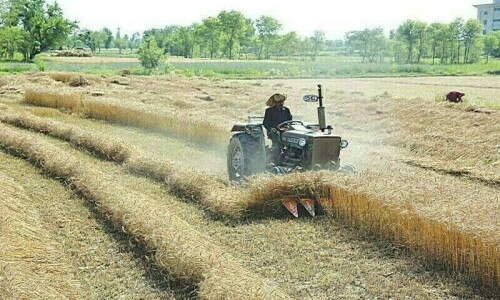THE murder of journalist Sudip Dutta Bhaumik in Tripura, India, the second journalist to be killed in the north-eastern state since September, is a bloody reminder of the increasing threats and violence against journalists in the region. According to the editor of the Bengali-language Syandan Patrika, Bhaumik was killed on the orders of a commandant of the Tripura State Rifles inside a paramilitary base which he was visiting to investigate the commandant’s alleged role in a financial scam. In September, Indian journalist and activist Gauri Lankesh was killed in Bangalore allegedly for her strident criticism of right-wing and extremist Hindu politics. This week, a suspect in the Lankesh case has been detained by Indian police though not for direct involvement in her murder.
What is particularly troubling about the rising threats against journalists in India is that the violence appears to be worst at the new intersection between right-wing ideology and militarised Indian nationalism. The BJP government’s enthusiastic embrace of the Indian military and its willingness to give it a greater role in policymaking and the national conversation could have far-reaching consequences not just for India but the region too. Right-thinking Indians have warned that Prime Minister Narendra Modi and his version of the BJP are dragging the country towards the abyss. Time and again, when Mr Modi’s promises of economic and political reform have sputtered, there has been recourse to the politics of exclusion and hate. While the victims have been numerous, journalists have faced the particular ire of right-wing activists. That must stop. A free media is fundamental to an informed polity. Brave journalists in India, Bangladesh, Afghanistan and Pakistan have exposed crimes and investigated misdeeds by public officials. In the face of rising threats to journalists, the states in each of these countries need to renew their commitment to a free media and protect journalists from violence.
Published in Dawn, November 24th, 2017











































